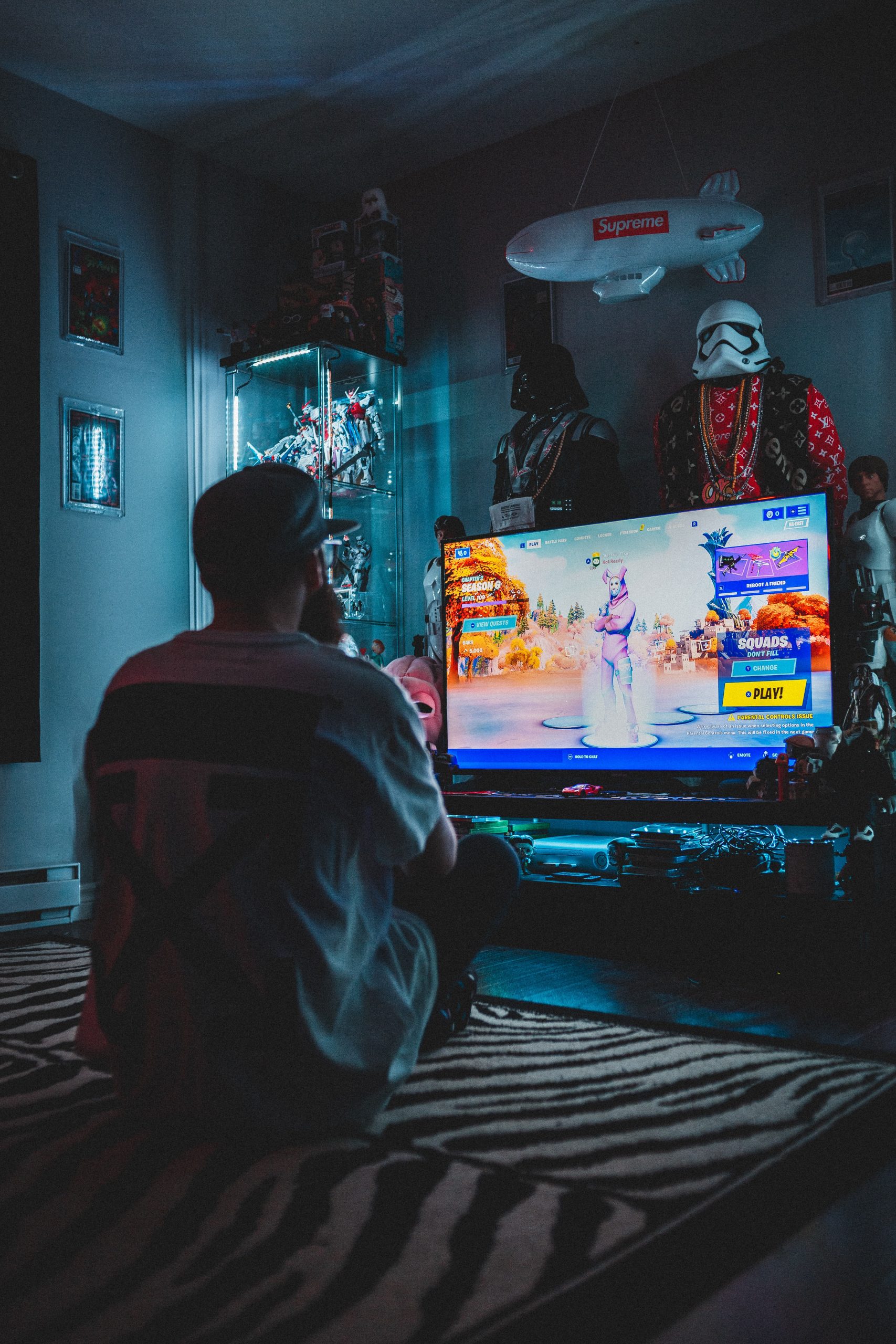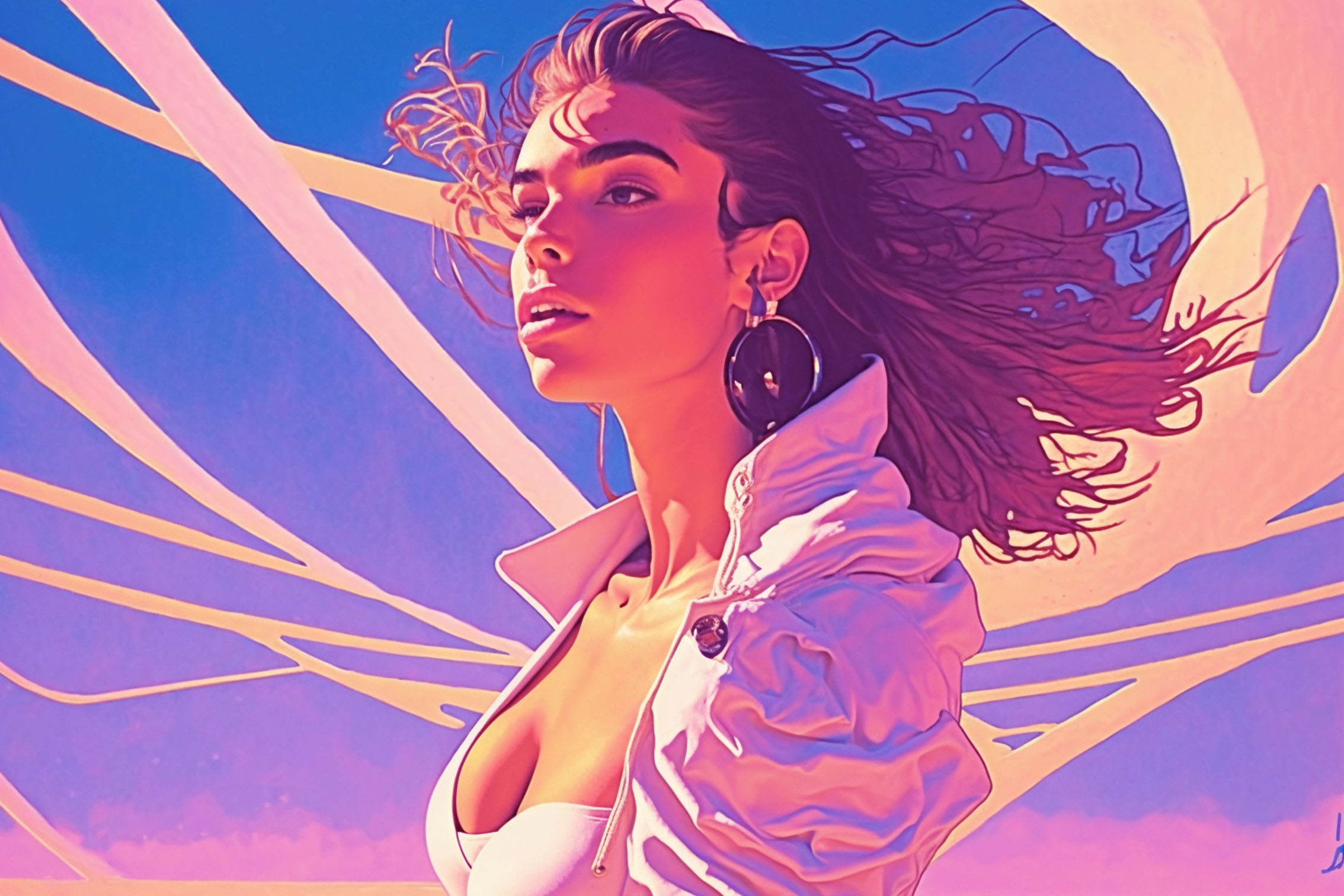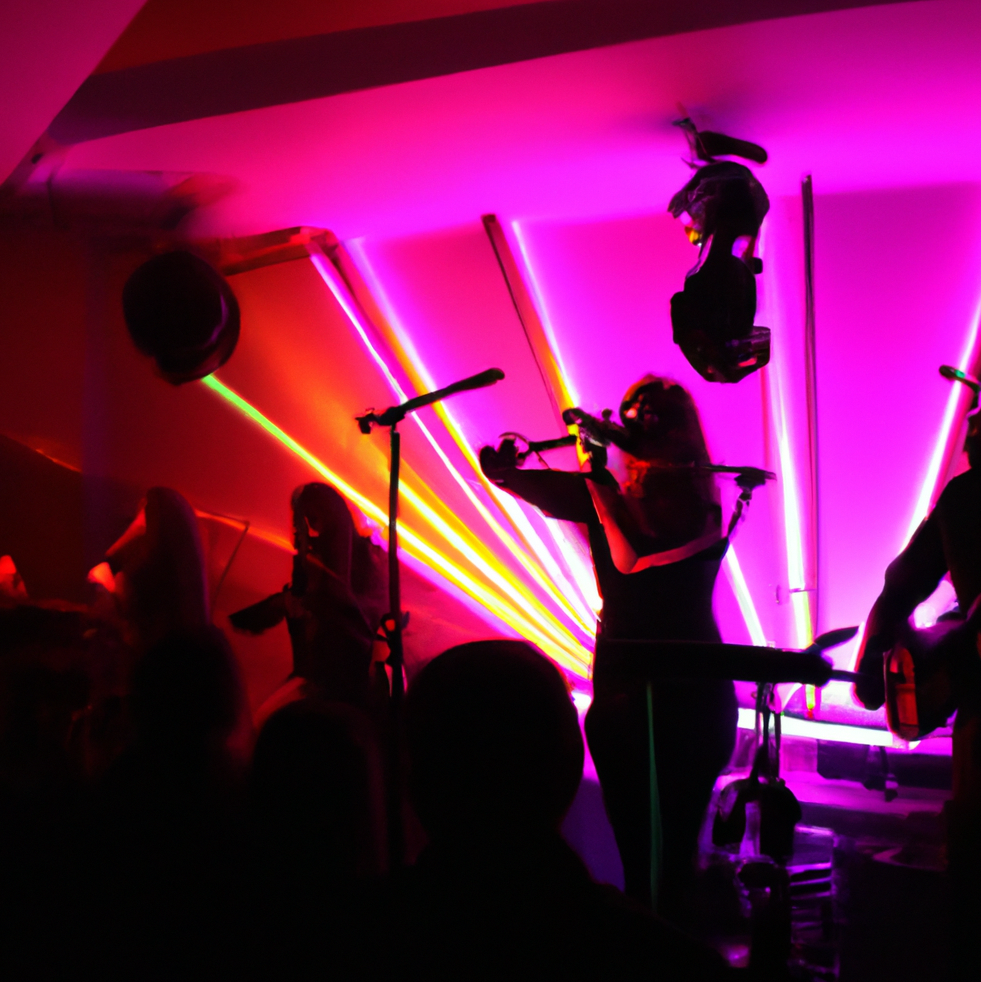The Metaverse: Welcome To The Music Industry’s New Age
If 2020 was a total disaster for most sectors, it sure wasn’t when it comes to AI and the digital sphere. It’s safe to say that 2020 accelerated metaverse technologies and highlighted the growing demands for a paradigm shift when it comes to traditional concerts, Web 2.0 marketing, content creation and the creator economy.
But what does the word “metaverse” mean, anyway? And in what ways is it going to change the music and creator industries?
What does the term “metaverse” mean?
According to Google Trends, the keyword “metaverse” reached peak global popularity in April 2021. With increasing metaverse investments and Roblox reaching a market capitalisation value of $42 billion, this term is projected to continue increasing in popularity.
But what does it really mean?
According to Wikipedia, “The Metaverse is a collective virtual shared space, created by the convergence of virtually enhanced physical reality and physically persistent virtual space, including the sum of all virtual worlds, augmented reality, and the Internet.”
“The word “metaverse” is made up of the prefix “meta” (meaning beyond) and the stem “verse” (a backformation from “universe”); the term is typically used to describe the concept of a future iteration of the internet, made up of persistent, shared, 3D virtual spaces linked into a perceived virtual universe.”
We can trace the term’s origins to Neal Stephenson’s 1992 sci-fi novel Snow Crash. Stephenson’s concept, which portrayed the metaverse as the internet’s VR successor, seems to have captured people’s imagination. Since then, the sci-fi notion has quickly made its way to real life.
Today’s metaverse is characterised by digital avatars that represent real people. The virtual world continually expands depending on the player’s decisions. The metaverse is projected to expand in scope to allow people to enter the metaverse via VR tools such as VR headsets and to eventually engage in a day-to-day space that’s characterised by augmented and mixed realities.
Marketing in the Metaverse
Marketers and content creators need to be aware of the metaverse to learn how to navigate this new space, as it’s set to transform the way content is disseminated and marketed.
Social media platforms such as Facebook have already invested in the metaverse and are set to grow in that direction. In 2019, Facebook announced Facebook Horizon – an invite-only, augmented The Sims-like game that enables people to interact in-game using VR headsets. Furthermore, Fortnite, Minecraft and Animal Crossing have huge user bases that will increasingly become the target markets of choice for marketers and content creators looking to target Millenials and Gen Zers. In March 2021, Microsoft introduced Microsoft Mesh – a Mixed Reality platform that aims to facilitate teamwork through the use of virtual and augmented reality headsets, taking remote working to the next level.
Therefore, in addition to people’s real-life preferences, marketers and content creators need to take their target audience’s behaviours and preferences in the metaverse into consideration and create marketing companies that target both. Furthermore, the shrinking gap between the “private” and the “public” will empower companies to target audiences in a more specific and precise manner. The culture within the metaverse must also be taken into account, as aspects such as digital clothing, architectural styles and metaverse trends can quickly seep into real life.
The lines between the “consumer” and the “brand” will also become increasingly blurred, as customers will be able to interact and engage with brands and their customer care agents in a personified, 3D form in the multiverse.
The Multiverse and Music
In 2020, albums were launched virtually, the term “NFT” became a buzzword, streaming reached an all-time high, virtual merch became a thing, live streaming went from strength to strength, TikTok stars signed million-dollar record contracts, and virtual in-game concerts had millions of attendees.
While we already covered Fortnite’s multi-million dollar revenue stream from in-game concerts in another article, we’ll be exploring how other companies are trying to keep up with Fortnite’s success by introducing innovative features for musicians and record labels who are ready to take a deep dive into the metaverse.
In March 2021, Atari announced its partnership with Bondly to launch a platform that’s dedicated to NFTs. This platform aims to cover gaming, music as well as other areas, enabling artists and content creators to engage fans by selling NFTs. This will, in turn, enable fans to gain access to the superfan experience. Atari has even launched its own cryptocurrency – Atari Token – to make these transactions possible. It’s important to point out that Atari Tokens can be converted to “real life” money, providing an alternative revenue source for artists and content creators that already have a solid following.
Wave is another platform with a growing roster of artists clamouring for a piece of the virtual performance pie. Artists performing on Wave’s virtual spaces can stream their performance on Youtube, Facebook, Twitch, Wave app as well as Fortnite.
Virtual entertainment sits at the intersection of a multitude of trends that were already forming pre-pandemic and have been accelerated by the pandemic. Large scale investors such as Maveron, Upfront Ventures and Griffin Gaming have noticed its growing importance and are investing in platforms such as Wave, which are set to continue growing in the next couple of years.
In an interview with Techcrunch, Griffin Gaming Partners co-founder Phil Sanderson said, “Musicians and concert promoters] all recognise the problem that they can only reach a certain number of people and the industry doesn’t scale the way it has been.” He continued, “The ability to reach 100 plus times as many people in an interactive way is a natural extension of live performances… That’s the future of music….”
Other platforms are capitalising on remote yet shared musical experiences. The app Earbuds enables fans and celebrities to connect on a musical level. By connecting the app to a paid Spotify or Apple Music account, users can broadcast what they’re currently listening to, to others users in real-time. It’s being used by celebrities who want to create a shared, intimate experience with their fans beyond Instagram stories and TikToks. It’s an emerging social media platform that has already been endorsed by celebrities such as pro quarterback Baker Mayfield, recording artist Nelly and pro snowboarder Danny Davis.
How do virtual concerts make money?
Virtual concert platforms such as Wave make money by encouraging in-app purchases, selling virtual merch and partnering up with big brands that are ready to invest in the artist roster and the platform.
Epic Games – the company that created Fortnite – cashed in millions of dollars from the Marshmello and Travis Scott events alone. Wave’s co-founder, Adam Arrigo, explains this phenomenon, “With the scale of a virtual show you can have 3 million people show up and each person pays two dollars. The show production processes are a bit cheaper.” Furthermore, he claims that artists can make more money from virtual shows than traditional shows due to a dramatic decrease in expenses.
There’s also the potential to up-sell: virtual concert attendees can purchase exclusive tokens that can be exchanged for virtual meet and greets and private virtual spaces for platinum ticket holders. The possibilities are indeed endless when it comes to marketing and promoting a virtual performance on a global scale.
Final notes
In the span of a few decades, tech companies have managed to translate the metaverse from a sci-fi concept to reality. This new era will, most definitely, unleash a plethora of opportunities for forward-facing artists and businesses. However, musicians, artists, content creators and entertainment industry players need to understand it in order to cope with the challenges and ethical issues that will undoubtedly crop up as a result of the paradigm shift that is quickly changing the traditional music industry as we know it.
Photo by Erik Mclean on Unsplash






